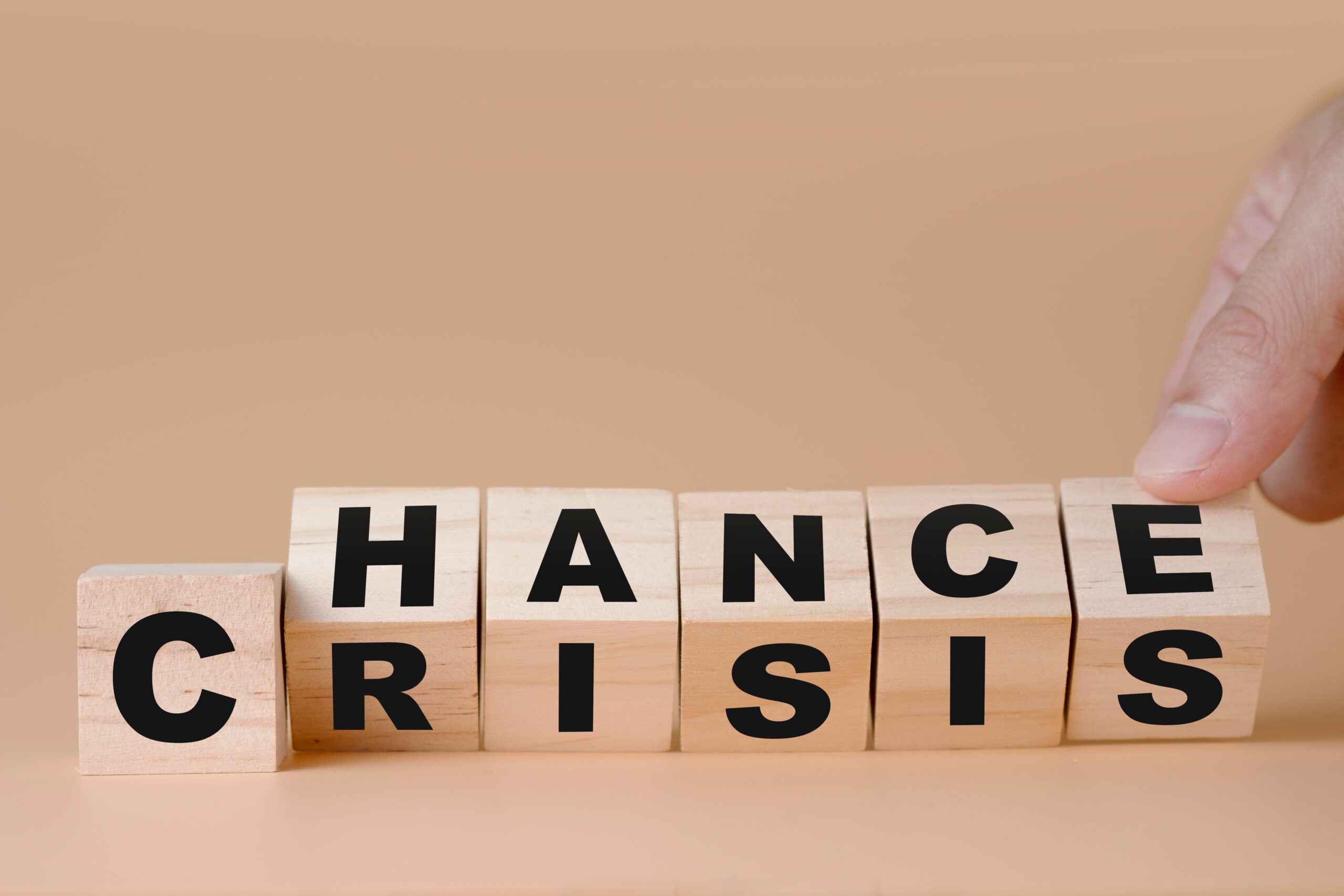Navigating Crisis: Why an Effective Communication Strategy is Crucial in 2024

Necessary Elements of Crisis Communications
Intro to Crisis Communications
Crisis situations and the communication management of those issues used to be a whole different scenario. Only as far back as the 2010s, the crises that became mainstream were reserved for big deal situations and most of the daily crises covered by the media involved celebrities and politicians. With the proliferation of social media and today’s fast-paced digital landscape, along with the ability for any type of story to go viral and reach millions globally, now everyone, and company, is fair game.
Crisis communication situations appear in mainstream media almost daily. It is no longer uncommon to see a crisis situation play out in reaction to a CEO who lays off hundreds of employees over a zoom call, or one of a baby clothing company firing an employee for a remote work request to stay with her baby who was in a NICU, or even a company firing it’s CEO only to rehire him back after a week.
Not only is a situation empowered by our modern communication mediums, so is a company’s response. A CEOs ability to “hop on here” and speak openly over TikTok, a top leader going on a Twitter rant to air personal grievances of a work situation, or even a sales person posting a not-for-external-distribution email, can send a communication plan into a tailspin in a matter of seconds.
Which is why it is no longer a smart business decision to simply rely on the values and ethics of senior leadership and the notion that everyone will act accordingly when a crisis arises. Every organization is susceptible to facing a potential crisis that can tarnish its reputation if handled incorrectly.
Because for all the stories we see play out horribly on the national stage, there are twice as many crises that we never really hear about or are managed in a meaningful way that doesn’t extend the life of a news cycle.
Treating PR as an important component of the framework of a company puts the right tools and people in place for the development of an effective crisis communication strategy way before a crisis has even occurred. In the age of instant information dissemination, the ability to swiftly and effectively communicate during a crisis is a hallmark of a resilient organization.
Key Components of Crisis Management
Preparation is crucial in any communications strategy. A part of that preparation is planning for multiple crisis scenarios and having the right elements in place to quickly and effectively switch into response mode. A soup to nuts plan that identifies roles and responsibilities, and includes everything from content templates to contact lists, right down to phone numbers of the people with direct access to the company website and social media channels, is only the first step.
A lot of the work is also done in rehearsal. Like any good security strategy, reviewing a plan (at least annually) allows organizations the opportunity to rehearse and revise. A good communications strategy is not effective if it sits in a drive or email folder with outdated content. Assessing a plan with stakeholders and the PR team allows for tactics to be kept fresh, all current employees identified and new approaches to be added. Consider the scenario of having to utilize today (2024) a communications plan written in 2019 – there likely would be several aspects no longer relevant and a lot of communication mediums missing.
The most important element of any good crisis communication strategy is turning to the experts. Working with a team that understands the necessary elements for getting an organization from plan development through response and to the other side with achieved desired outcomes.
A team that can assist in exerting control over the communications environment and quickly pivot with an evolving situation, while always being confident in the facts of a scenario and delivering messages that communicate transparency and accountability.
The Importance of Crisis Communications
In conclusion, navigating a crisis successfully requires a strategic partnership with a competent external team. As the saying goes, it’s better to prepare and prevent than to repair and repent. By recognizing the significance of crisis communication management, organizations can proactively safeguard their brand integrity and mitigate the potential fallout of any unforeseen challenges. Whether it’s addressing a social media uproar or managing a product recall, having tailored strategies and a reliable support system enables organizations to weather the storm with confidence and integrity. Remember, in the face of crisis, the right team by your side can make all the difference between chaos and controlled resolution.
Learn more about the Escalate crisis communication services: https://escalatepr.com/service/crisis-communication/